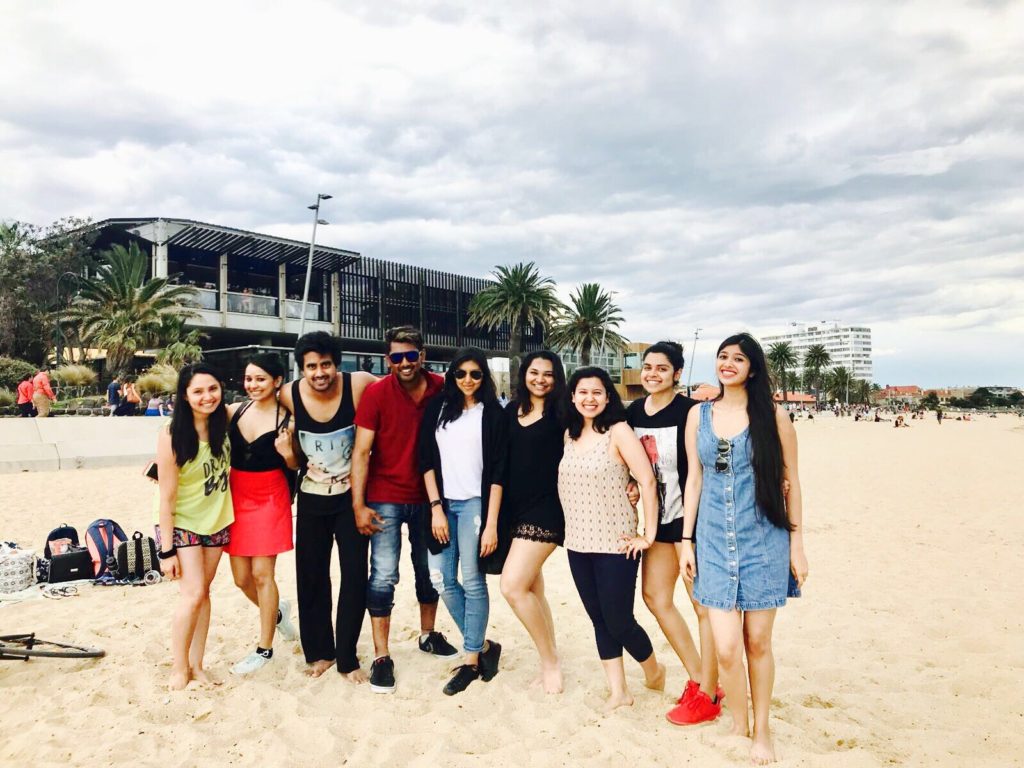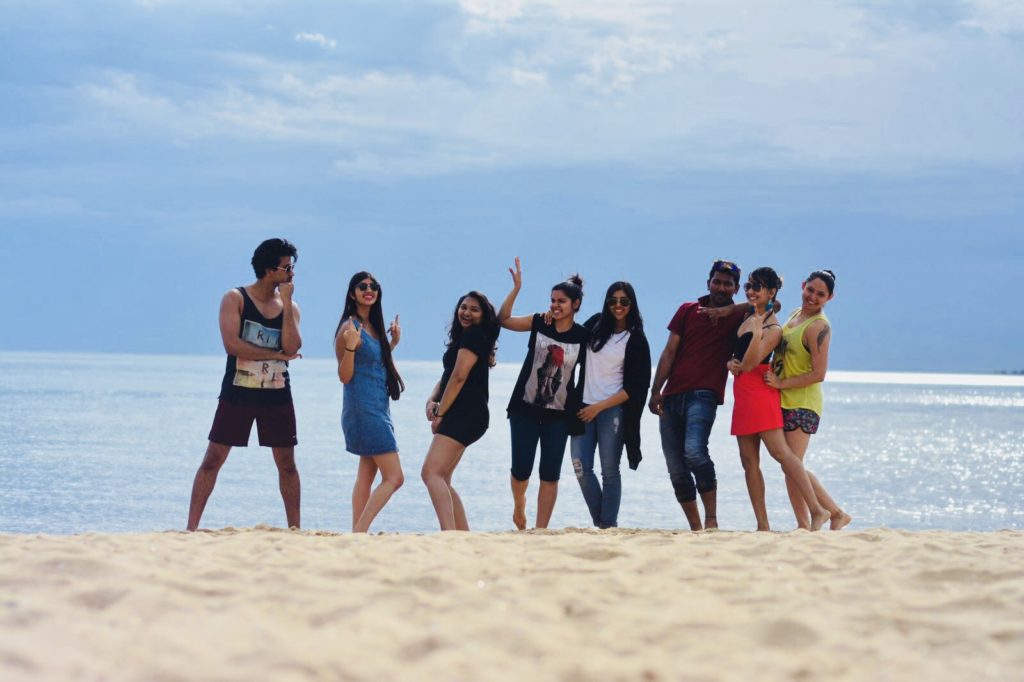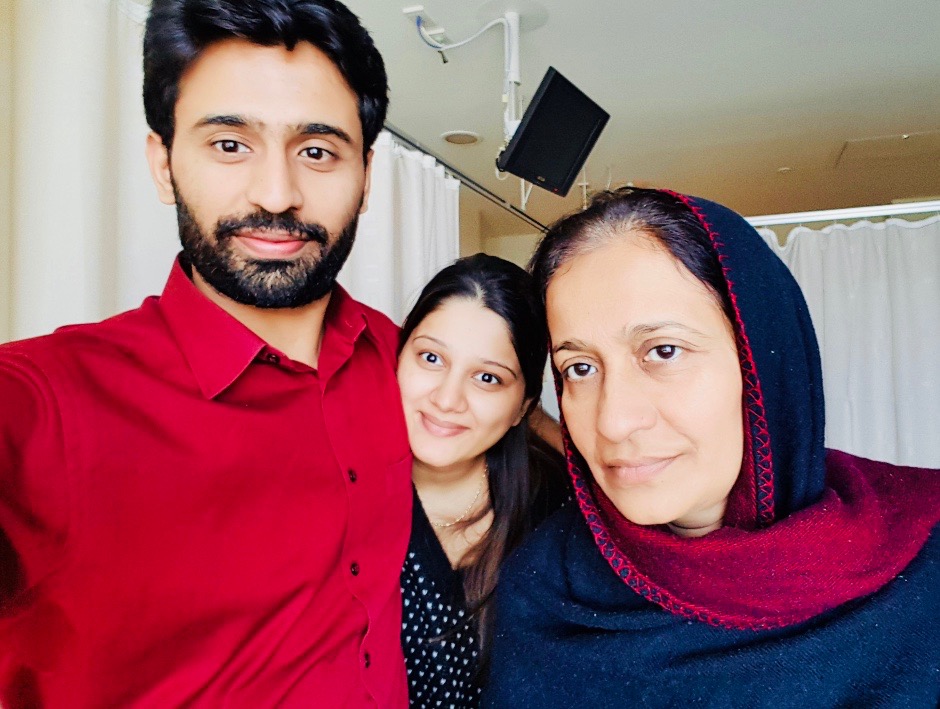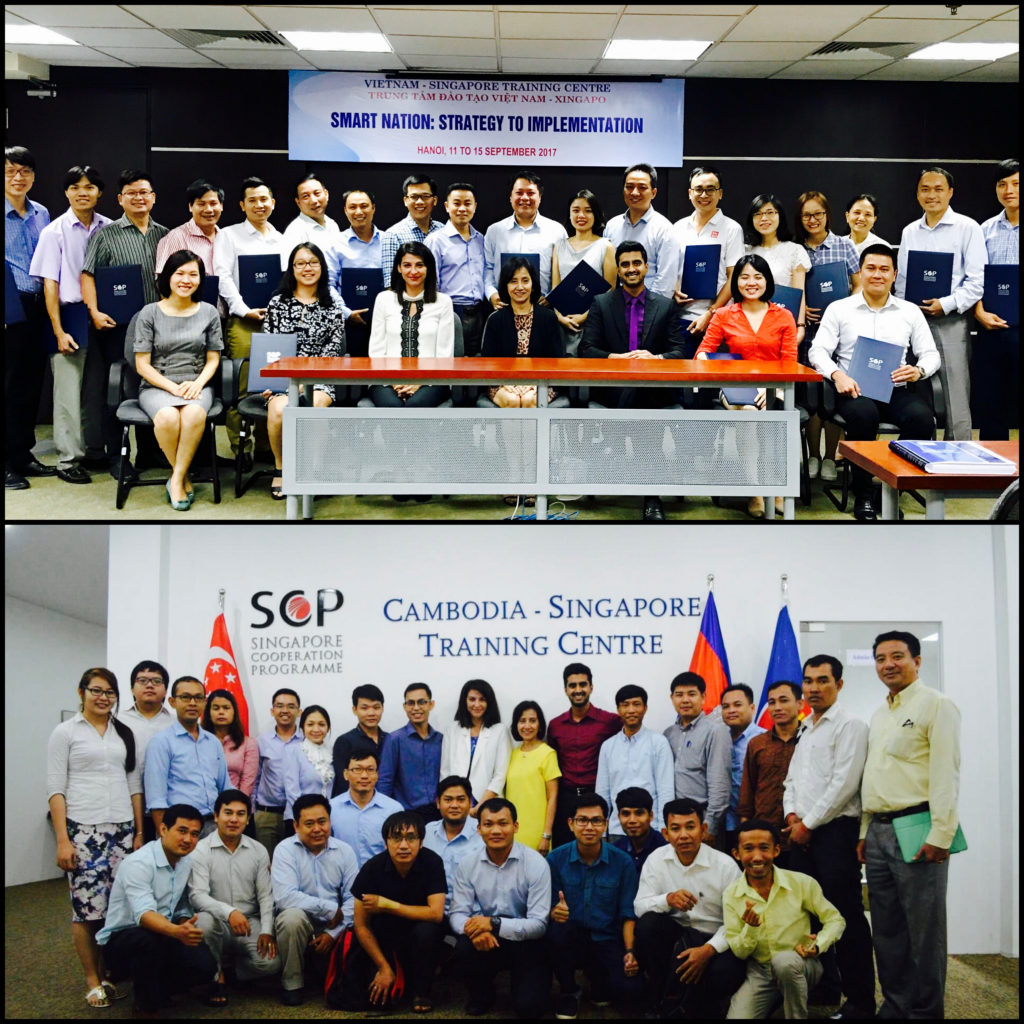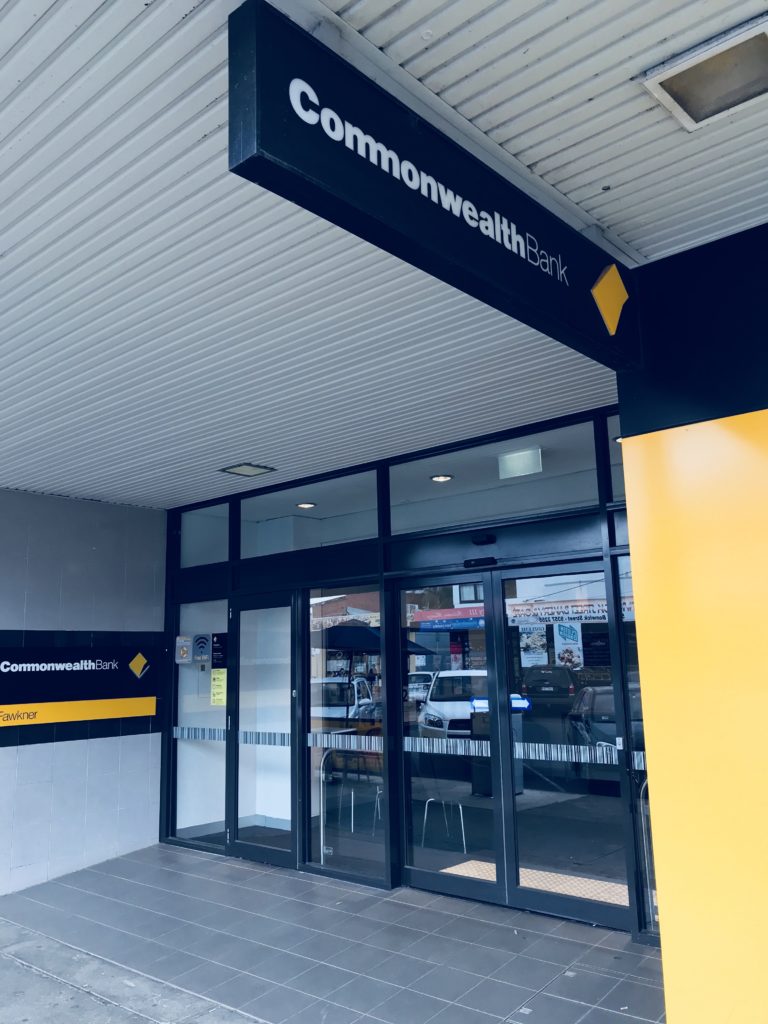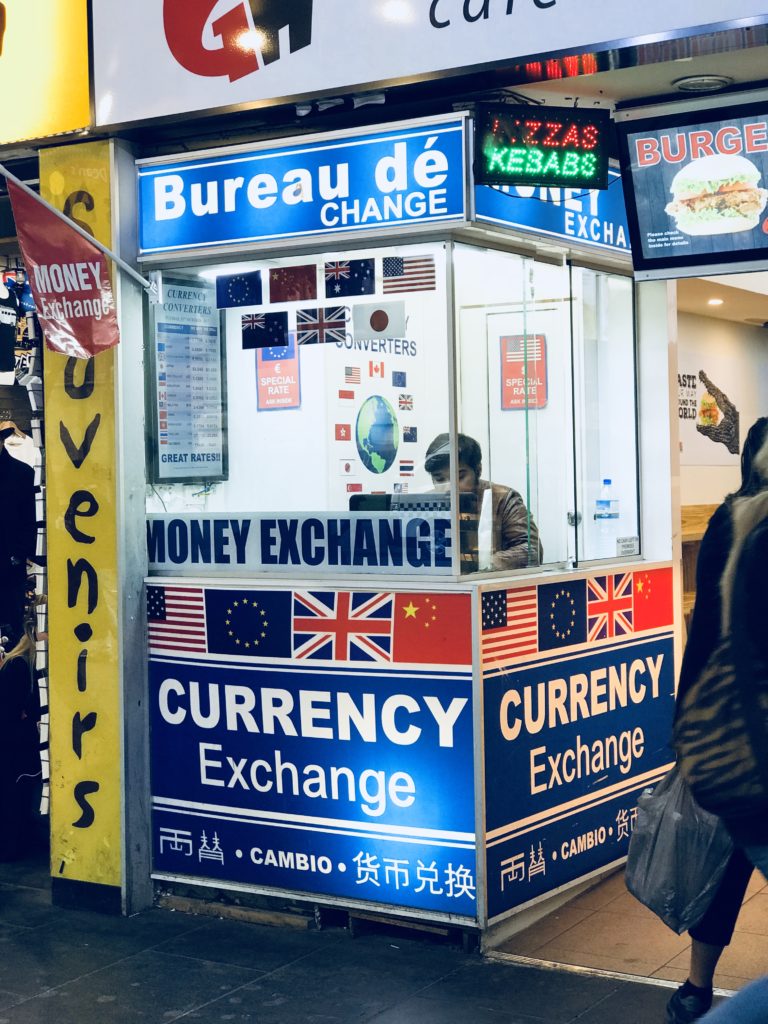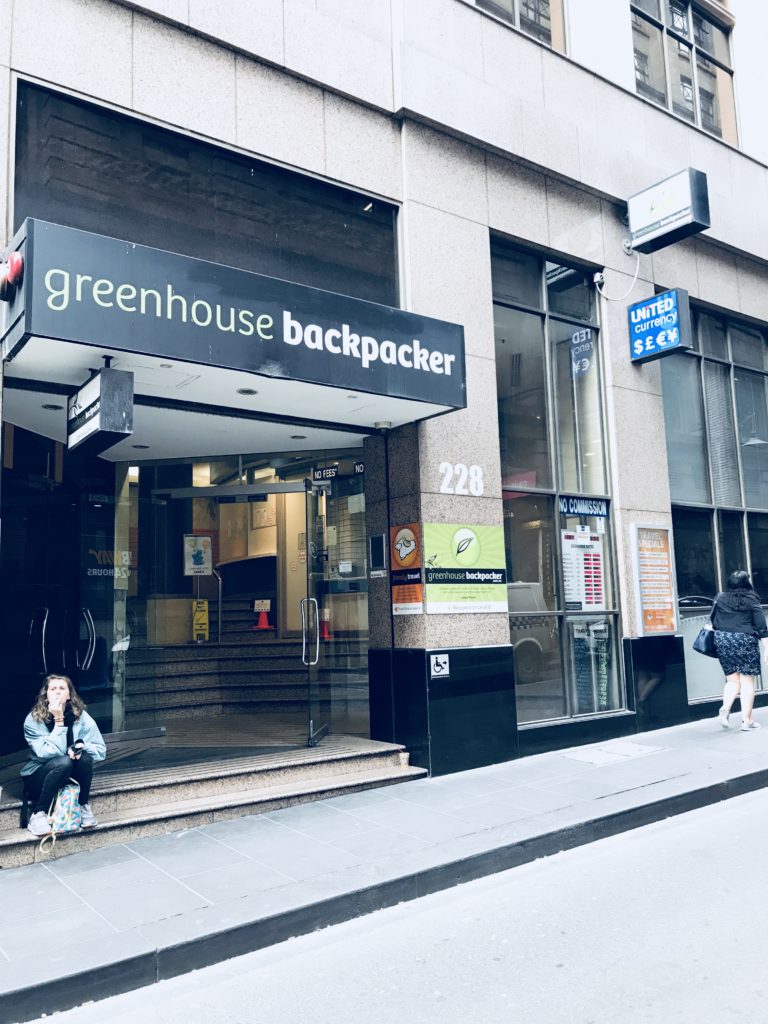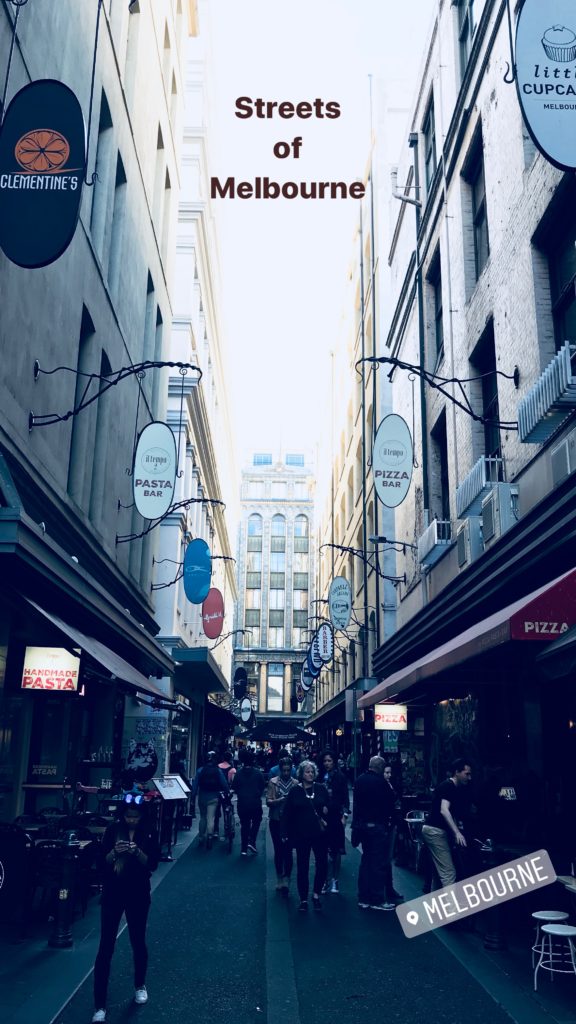
A few of weeks ago, one of my good friends from India visited Sydney. She had gotten admissions in both Australian and US universities, and wanted to get a feel for Australia before deciding which country to choose for her postgraduate studies.
She had been to US before, but it was her first time in Australia.
Like an obedient good friend, it was my duty to show her around Sydney. Be an unpaid tour guide to her! You owe me, Prats!
We spent a few days exploring Sydney, as well as the University of Sydney where she had gotten admission in the Master of Global Supply Chain.
Last week, she finalized her decision to choose the University of Sydney over the US universities. I asked her to share with my readers what made her tip in favour of Australia.
Lo and Behold! She sent me a thoroughly filled table with her comparison for Australia Vs USA, together with a few lines on what she felt after visiting both US and Australia.
I think it’s best that you all get to see her analysis directly in the form she sent me.
Enter Prathiba:
It seems like that for both culture and lifestyle, Australia works for your benefit. You aren’t fighting against the place and people to make your life.
Australia gives to you what people in the US seem to work a hundred times harder for. It seems like people in the US are running with a purpose, but in a bubble and as a herd.
Because of all this, there seems to be no downside and only upside in choosing Australia. The opportunity seems great, lifestyle seems better, so just from a factual standpoint, I don’t see how choosing Australia isn’t the best thing to do.
Here are all the reasons I’ve chosen Australia for:
|
Australia
|
USA
|
|
PR soon after graduation + Citizenship in 4/5 years
|
Risky Green Card, likely takes 10+ years
|
|
Healthy part-time jobs and internship culture to earn while studying
|
Not possible to earn as high as in Australia from part-time jobs
|
|
No work visa issues after graduation
|
Tough work visa situation even after graduation
|
|
Less competitive market = Greater access to top jobs
|
Very competitive to get top jobs
|
|
End work by 5-6 pm
|
End work by 7-8-9 pm
|
|
2 months off per year
|
2/3 weeks off per year
|
|
Less distance from India
|
More distance for India
|
|
Positive work culture and lifestyle
|
Very demanding work culture and lifestyle
|
|
Most livable cities in the world
(Melbourne #1, Sydney #10)
|
None in the top 10
|
—
When I looked at her analysis, I was amazed at how she simply broke it down to the mere facts. I am sure several of these reasons are true for you as well.
If you are choosing between Australia and any other country for study or job, this type of analysis can very well be your starting point.
At AustraliaYours, my job is to inspire you and also to provide you smart tools to not only move to this wonderful country, but also make a great life here. Here are some of the resources I have prepared for you:
- How To Apply For Your Australian PR Without Hiring Any Migration Agent
- How To Build Your Network To Get Multiple Job Offers
- How To Get PhD or MPhil Offer in Australia
- How To Score 7+ or 8+ In IELTS Using The Smart Hacks
P.S. If you’ve an Engineering degree, I’ve detailed Step-by-Step process in easy words that I did to apply and get my Australian PR in this Free Ultimate Guide


